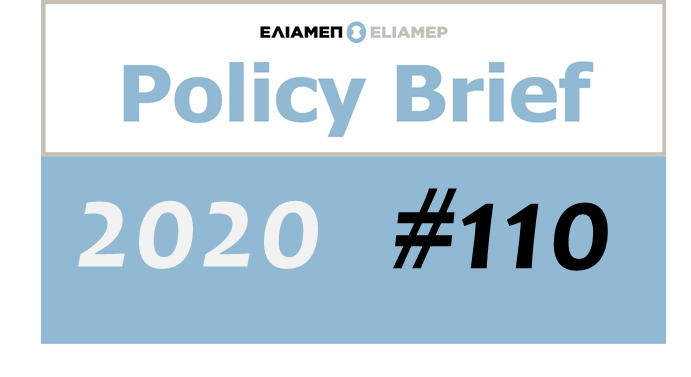Faced with the most severe refugee crisis the world has seen since the Second World War, the EU ranks migration management and border protection among its high priorities. FRONTEX, since its establishment in 2004, has played a key role in this direction and has gone through various changes throughout the years. In the effort to address the situation in the borders, FRONTEX’s current reform adopted by the EU Council in November 2019. This paper explores aspects of the new framework and assesses its impact. The new Regulation focuses on restructuring the Agency in the fields of recruitment and training of the new staff, by the creation of 10,00 standing corps. Under the new regulation, FRONTEX also acquires an expanded role as its mission is extended to include non-EU countries that do not neighbor the EU. Moreover, the member-states will be obliged to implement the “integrated border management” approach and recommendations in close partnership with the Agency. Furthermore, Frontex’s enhanced competences are evident when examining return operations. However, strong criticism and concerns have been raised regarding the effectiveness of such measures as well as the compliance with European and international human rights provisions.
You may find here the full text of the Policy Brief by Konstantinos Vlachopoulos, Junior Research Fellow at the Migration Programme.



